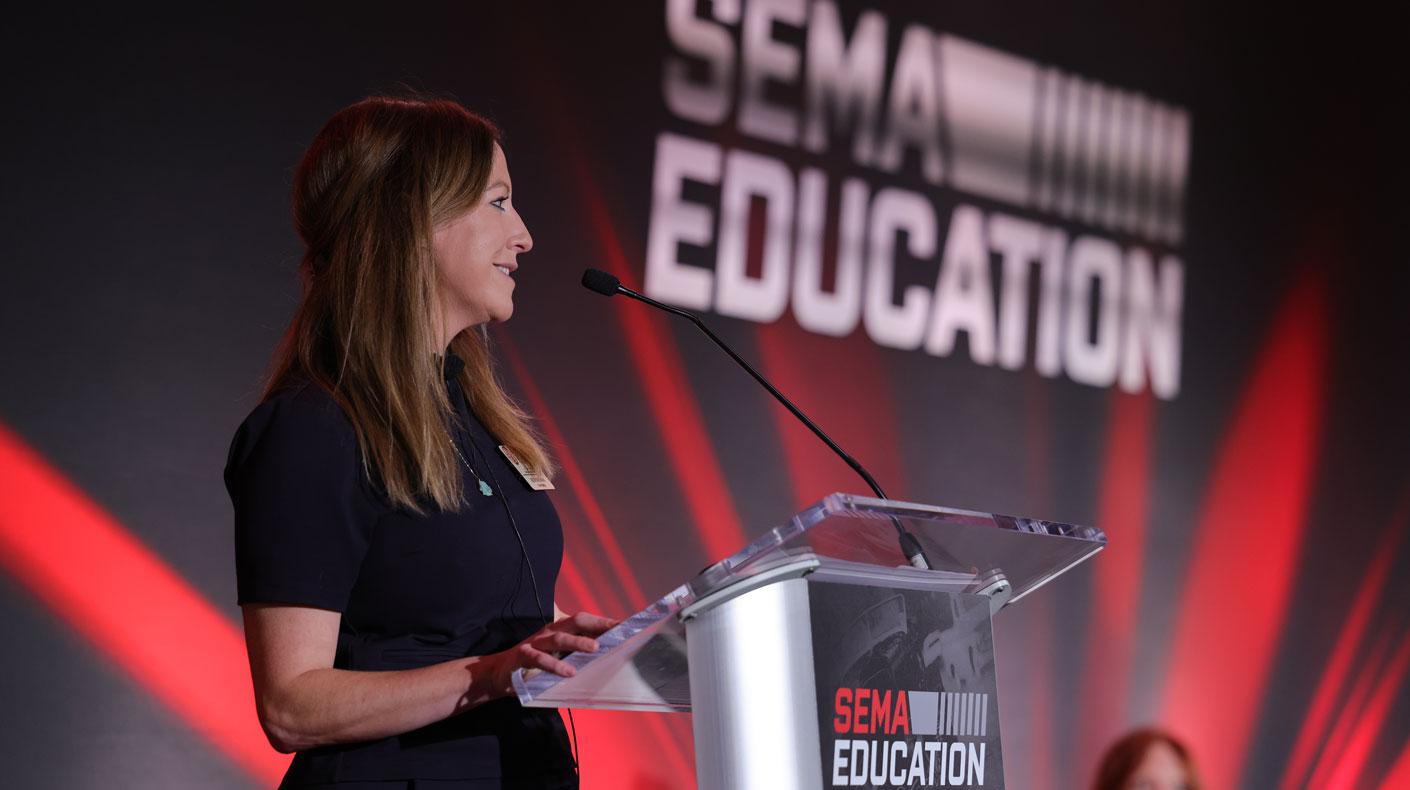The U.S. Senate approved sweeping energy legislation last week that includes a provision to dramatically increase the Corporate Average Fuel Economy (CAFE) standards. Passenger cars and light trucks would be required to meet a combined fuel economy average of 35 miles per gallon by 2020. That represents an increase of about 40% over the current standard of 27.5 mpg for passenger cars and 21.6 for light trucks and SUVs. Lawmakers rejected an alternative pushed by the auto industry, including SEMA, for a more moderate and technologically realistic CAFE increase. Nevertheless, lawmakers removed a requirement to continue raising CAFE levels by 4% a year from 2021 to 2030 in favor of a “maximum feasible” standard to be set by the National Highway Traffic Safety Administration (NHTSA).
Attention now turns to the U.S. House of Representatives, which is preparing its version of an energy bill. Several House committees are working on the legislation at this time. The bill’s CAFE provision is expected to be debated on the House floor later this summer. The auto industry will once again seek an achievable CAFE target. At issue is putting together an energy policy on CAFE that saves fuel but also preserves jobs, sales and customer choice to purchase the most appropriate vehicles (and specialty equipment to accessorize the vehicle). Once the House passes its version, a House/Senate conference committee will convene to negotiate a single energy bill.
Questions? Contact Stuart Gosswein at stuartg@sema.org





